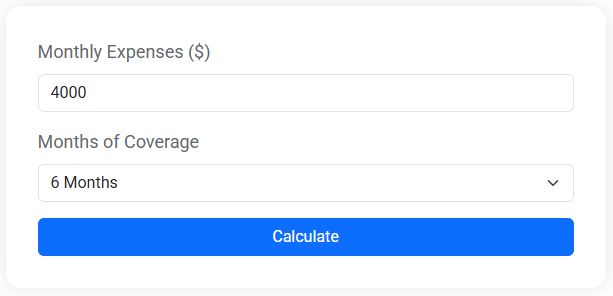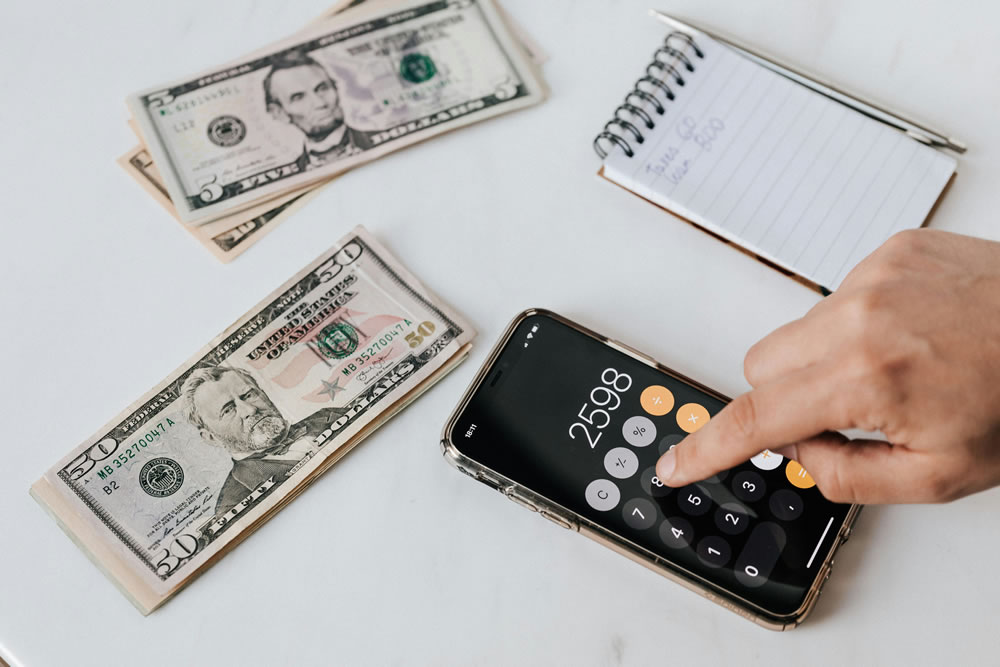How to Stick to Your Budget: Strategies for Long-Term Success

Creating and sticking to a budget requires understanding your motivations, setting realistic goals, and making savings automatic to ensure consistency. Regularly tracking progress and learning to say no to unnecessary expenses can help maintain focus on your financial goals. By embracing these strategies, you can transform budgeting into a sustainable and rewarding journey toward financial success.
Creating a budget is often seen as a rite of passage into adulthood, but sticking to it? That’s a whole different story. Many of us have started the month with the best intentions only to find ourselves wondering where all the money went by the time the next paycheck arrives. Budgeting can sometimes feel like a chore, but it doesn’t have to be. With the right strategies in place, it can become a tool that not only keeps you financially fit but also gives you peace of mind.
Understanding why you’re budgeting, setting achievable goals, and automating your savings can transform this task from a dreaded duty into a rewarding journey. Let’s dive into some practical strategies that can help you stick to your budget and achieve long-term financial success.
Know Your Why
Before you can effectively stick to a budget, it's crucial to understand why you're doing it in the first place. Are you saving for a down payment on a house, or is it for a long-awaited vacation? Maybe you're trying to pay off student loans or build an emergency fund. Knowing your motivations can be a powerful driving force.
According to a study by the University of Toronto, individuals who set clear, meaningful goals are more likely to succeed in achieving them. When you align your budget with these goals, you give every dollar a purpose. It’s like having a roadmap that guides your financial decisions, helping you resist the temptation of unnecessary purchases. As financial advisor Jane Smith says, "A budget is not just about restricting expenses; it's about directing your money toward the things that matter most to you."
Set Realistic Goals
It's easy to get caught up in the excitement of a new financial plan and set overly ambitious goals. However, setting realistic and attainable goals is key to maintaining motivation and avoiding burnout. If your budget is too strict, you might feel deprived and end up overspending out of frustration.
Instead, start with small, achievable goals that can build momentum. For instance, if you’re trying to cut back on dining out, aim to reduce it by one or two meals a week rather than quitting cold turkey. Over time, these small changes can add up to significant savings. The SMART goal framework—Specific, Measurable, Achievable, Relevant, and Time-bound—can be a helpful guide when setting your budgetary objectives.
Emergency Fund Calculator
Wondering how much you should set aside for life's unexpected moments? Our Emergency Fund Calculator helps you quickly figure out how much you need to save to cover your expenses for 3, 6, or even 12 months. Whether you're building a financial safety net or planning for job loss, medical bills, or other emergencies, this tool gives you a clear savings goal to aim for — fast and easy.
Automate Your Savings
One of the simplest ways to stick to a budget is to make savings automatic. Automating your savings reduces the temptation to spend money that should be set aside for future goals. By having a portion of your paycheck directly deposited into a savings account, you remove the need for constant willpower.
Many banks offer automatic transfer services that allow you to specify an amount to be moved from checking to savings on a regular basis. This can be weekly, biweekly, or monthly, depending on your pay schedule. As personal finance expert Dave Ramsey often advises, "Pay yourself first." This approach ensures that saving becomes a non-negotiable part of your financial routine.
Track Your Spending
Regularly tracking your spending is crucial to budget adherence. It provides insight into your financial habits and highlights areas where you might be overspending. Tracking doesn’t have to be complicated; in fact, there are numerous apps and tools available that can simplify this process.
Consider using apps like Mint or YNAB (You Need A Budget), which categorize expenses and provide visual representations of your spending patterns. By reviewing these regularly, you can make informed adjustments to your budget. Remember, it's not about perfection but about progress. Tracking helps keep you accountable and aware of how your spending aligns with your financial goals.
Learn to Say No
Sometimes, sticking to a budget means saying no to things you want in the moment but don’t need. This can be challenging, especially in a culture that often equates spending with happiness. However, learning to say no is a vital skill in maintaining financial health.
One approach is to practice mindful spending. Before making a purchase, ask yourself if it aligns with your financial goals and if it’s truly necessary. As behavioral economist Dan Ariely notes, "Spending money is easy, but spending it wisely requires thoughtfulness." By reframing your mindset to see budgeting as a series of choices rather than restrictions, you can find more satisfaction in your spending decisions.
Review and Adjust Regularly
Budgets aren’t static; they should evolve as your financial situation and goals change. Regularly reviewing your budget ensures it remains relevant and effective. Set aside time each month to assess your progress and make any necessary adjustments.
Life is unpredictable, and unexpected expenses can arise, making it important to be flexible. If you find certain categories consistently over or under budget, consider re-evaluating your allocations. This adaptability can prevent feelings of failure and keep you on track toward your long-term goals.
Celebrate Your Wins
Finally, don’t forget to celebrate your successes, no matter how small they seem. Achieving a financial milestone, sticking to your budget for a month, or even just resisting an impulse buy are all victories worth acknowledging.
Celebrating these wins can reinforce positive behaviors and make the budgeting process more enjoyable. Consider rewarding yourself in ways that don’t derail your budget—like a movie night at home or a small treat. Remember, the journey to financial success is a marathon, not a sprint, and recognizing your progress can keep you motivated along the way.
By implementing these strategies, budgeting can become less of a chore and more of a habit that supports your financial well-being. Like any skill, it takes practice and patience, but with time, you’ll find that sticking to a budget is not just about money—it's about crafting a life that aligns with your values and aspirations.








